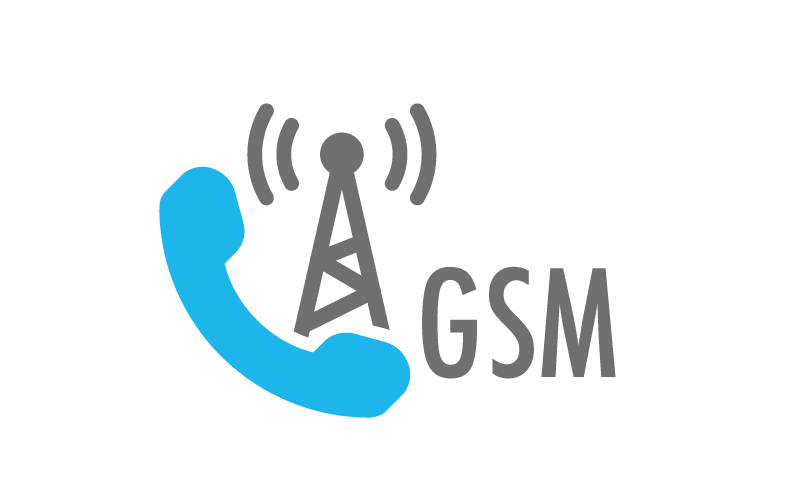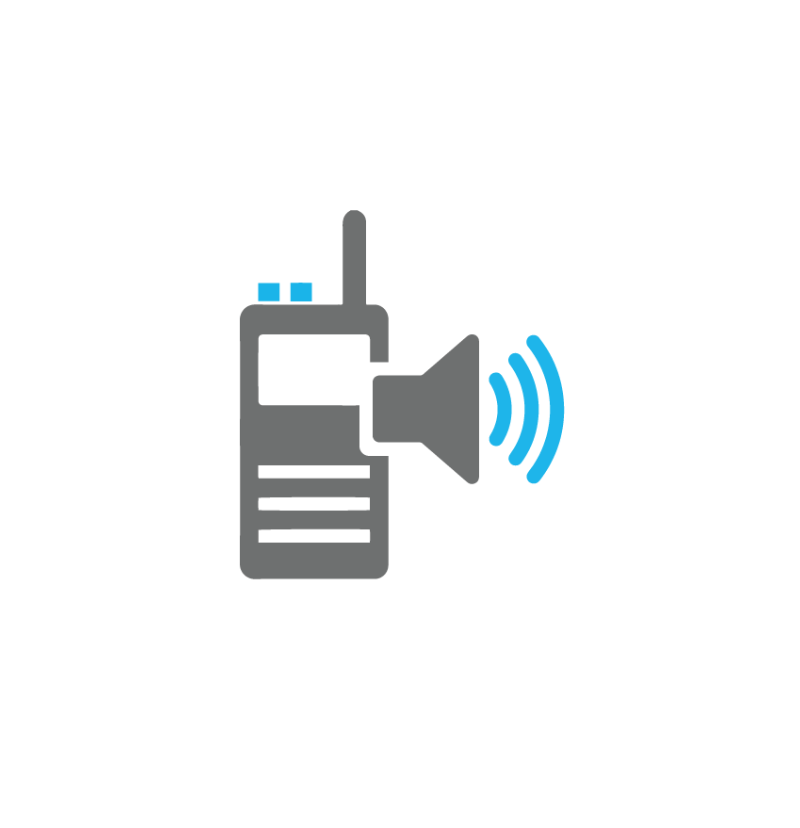
Public switched telephone network (PSTN)
The public switched telephone network may be sliding down the road towards obsolescence, but it is still prevalent and widely used in today's world after spending several years as the backbone for countless communication channels (telephone, videotex, pagers, fax, broadband Internet, etc.).
ALERT has always been capable of making voice calls over this longstanding telecommunications network, i.e.:
• Over analog lines using analog modems
• Over ISDN lines using ISDN modems


